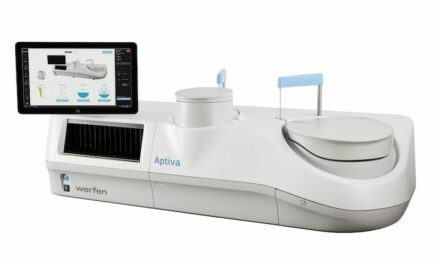A new research review from the Agency for Healthcare Research and Quality (AHRQ) finds that in both emergency and primary care settings, the biomarkers B-type natriuretic peptide (BNP) and N-terminal proBNP (NT-proBNP) have good diagnostic performance to rule out, but lesser performance to rule in, the diagnosis of heart failure because of a high sensitivity and low specificity of the test.
The review, titled “Use of Natriuretic Peptide Measurement in the Management of Heart Failure,” finds that in patients with decompensated or chronic stable heart failure, higher levels of BNP and NT-proBNP are associated with a greater risk of morbidity and mortality. The majority of studies assessing prognosis showed associations between BNP and NT-proBNP and mortality, morbidity, and outcomes across different time intervals in patients with decompensated and chronic stable heart failure. However, according to the review, the clinical utility of using multifactor prognostic scoring needs to be designed and evaluated before it becomes an established clinical tool.




